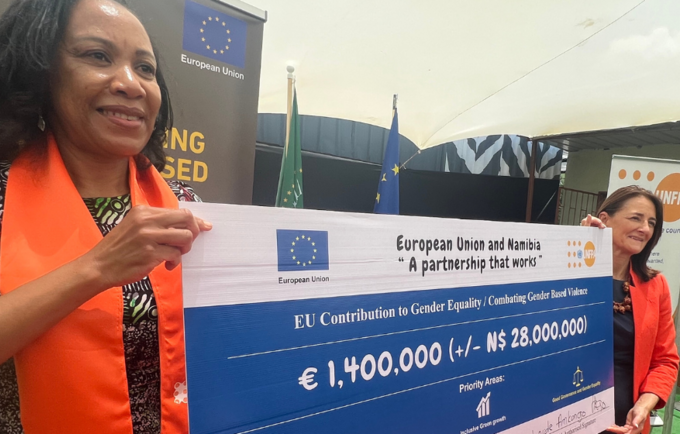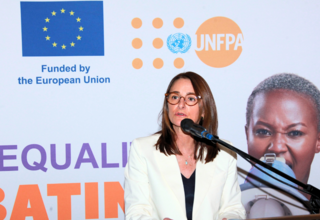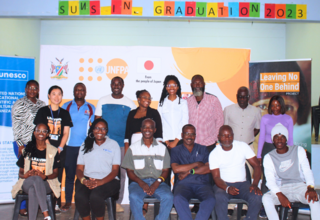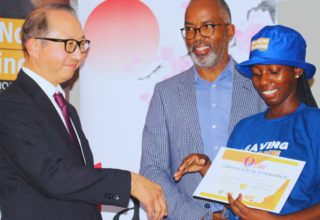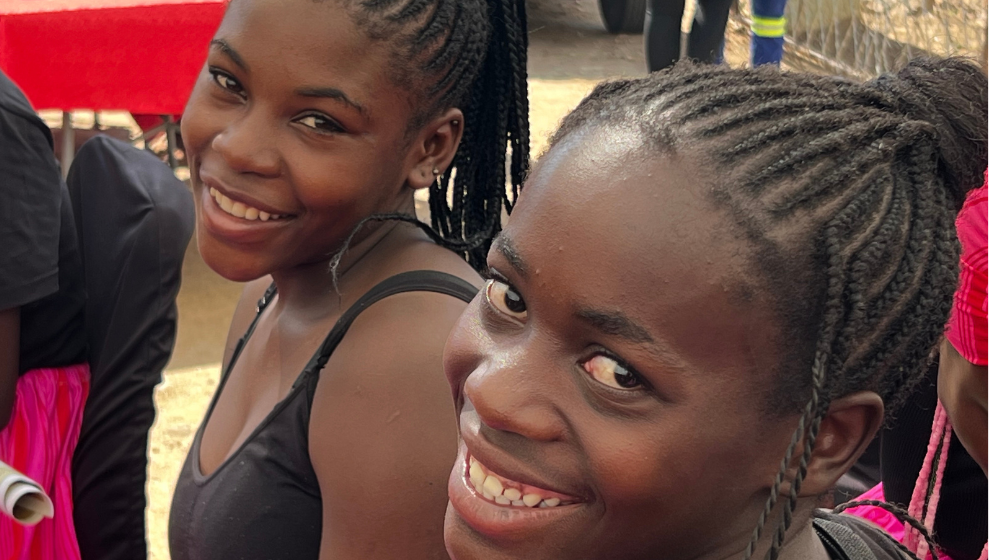
WINDHOEK, Namibia - The European Union (EU) and the United Nations Population Fund (UNFPA) formalised their commitment by signing a Contribution Agreement on 29 November 2023, at the Hope Initiative Southern Africa-Namibia (HISA) Community Centre in Katutura, Windhoek. The agreement signifies a dedicated effort to address gender-based violence (GBV) in Namibia.
The EU, known for its dedication to supporting programmes that protect women and children from GBV through legislation, practical measures, and financial support, demonstrated this commitment through a generous contribution of EUR 1.4 million. This financial collaboration underscores a united front in the battle against gender-based violence, both at the national and sub-national levels.
Despite commendable achievements in human rights and gender equality, Namibia still faces persistent challenges with gender-based violence. At least 32% of Namibian women have experienced physical violence at the hands of an intimate partner at some point. The Namibian police data shows that about 5 427 gender-based violence-related cases were reported in the 2019/20 financial year and 2 643 in 2020/2021, the majority of which were perpetrated by men against women. Failure to address these issues could have serious consequences for society.
UNFPA's findings project a worrying increase in intimate partner violence if left unaddressed, with numbers rising from 113,539 in 2020 to 127,697 in 2030.
H.E. Ana Beatriz Martins, EU Ambassador to Namibia, emphasised in her remarks that gender equality is not just a moral imperative but a prerequisite for sustainable development.
"The challenges we face are multifaceted, rooted in socially constructed gender roles, economic disparities, and harmful cultural norms," she said.
"The initiative recognises the need for a comprehensive, multi-level approach, involving national and subnational institutions, civil society, and communities. It aims not only to prevent gender-based violence but also to protect the rights of women and girls to live free from violence," she stated further.
Loide Amkongo, UNFPA Namibia Assistant Representative, expressed gratitude to the European Union, highlighting their commitment to uplifting the Namibian people, particularly focusing on the well-being and empowerment of women and girls.
“Today’s event signifies an important visibility milestone of a crucial partnership between the EU and UNFPA, especially during this period when we observe the 16 days of activism against GBV,” said Amkongo,
Amkongo extended gratitude to the Namibian Government, particularly the Ministry of Poverty Eradication, Gender Equality, and Social Welfare, and various civil society organisations for their support and collaboration in designing and implementing the program.
The program is scheduled to run until 2027 and will be implemented in five targeted regions: Zambezi, Ohangwena, Khomas, Kunene, and Omaheke.
